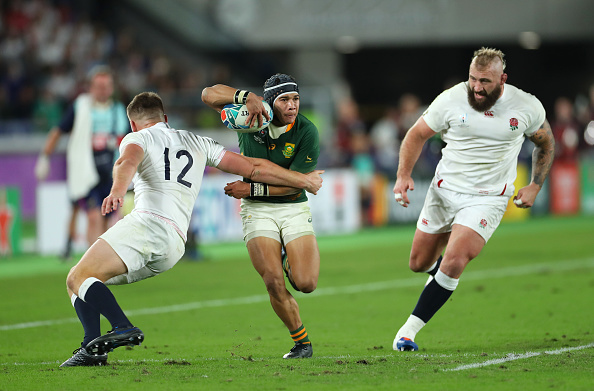In a new series from the SA Rugby magazine team, JON CARDINELLI calls for a move toward a global season in the wake of the Covid-19 crisis.
Why are we still talking about the global season as if it’s a far-fetched idea? The game has been professional for a quarter of a century. Why haven’t the powers that be taken this idea seriously and formulated a pragmatic solution that will suit all of the relevant parties?
Many former players and coaches believe it’s the only way the sport will move forward and address rising concerns around player welfare as well as the overall product. Agustin Pichot – who is running for the position of chairman in the coming World Rugby elections – has spoken about using the current crisis as an opportunity to implement real and significant change.
Let’s stop talking, guys. Let’s use this opportunity to run with the ball and make things happen.
REBOOT: Craig Lewis’ wish for streamlined Super 10
Consider the American model, where athletes in leagues like the NFL have the opportunity to condition their bodies in a substantial preseason. They’re in peak physical shape by the time the regular season starts. At the conclusion of the competition, they’re afforded a proper off-season to rest before they begin the following season’s training programme.
The upshot is that players are less susceptible to physical and mental burnout. They’re capable of performing at a higher standard for longer. It’s not hard to understand how that can improve the quality of a contest – if all athletes enjoy this window to train and focus – or how a series of quality contests over the course of a competition can boost viewership and revenue.
The big question for rugby has always been which hemisphere should sacrifice their current schedule to align with the other. And yet, one wonders if both hemispheres could indeed be satisfied after making a few adjustments.
Why shouldn’t there be an off-season in December, where players are given the chance to rest and reconnect with friends and family? What’s wrong with putting January and February (and possibly March) aside for a full conditioning programme?
COLUMN: Covid-19 shock waves set rugby on new course
Ideally you’d want to start the season with the regional tournaments before progressing to the Test schedule. Play the Super Rugby and northern regional tournaments – like the Champions Cup and European Challenge Cup – concurrently over a three-month period, and then proceed to the international season, which will run from June to November.
That would see the schedule running according to the current southern-hemisphere season, where June or July tours are followed by the Rugby Championship – and the Six Nations in the north – and finally by the traditional November tours. The domestic competitions – English Premiership, Currie Cup and so on – could run at the same time as the international season.
Why should the northern nations sacrifice their international season, though? It’s a fair question. The Six Nations generates a lot of interest and revenue year after year. Indeed, the north may well have cause to demand that the struggling south makes the bigger sacrifice.
Keep the Six Nations in the same window then, but perhaps shift it out slightly to March and April to accommodate the aforementioned rest and conditioning blocks. Run the Rugby Championship concurrently. The Sanzaar nations traditionally play Super Rugby at the time of year, and are used to competing in Argentina, Australia, New Zealand and South Africa at that time of the season.
ALSO READ: SA Rugby banking on June return
The obvious problem with the above scenario, however, is that it divides the international season and doesn’t allow top players to spend an extended period with their clubs in tournaments like Super Rugby and the Champions Cup. Somewhere along the line, there will be a similar situation to what was experienced prior to the Covid-19 outbreak whereby Test coaches and clubs are fighting for players at key stages of the season.
It’s not really important whether the key stakeholders agree on the specific scenarios listed above. What’s most important is that they come together and agree on an aligned season that prioritises player welfare as well as the final product.
The opportunity will be there to make a change once this crisis is over. The powers that be can’t afford to pass it up.
ALSO READ: Sanzaar CEO’s radical solution for Super Rugby
Photo: Shaun Botterill/Getty Images





